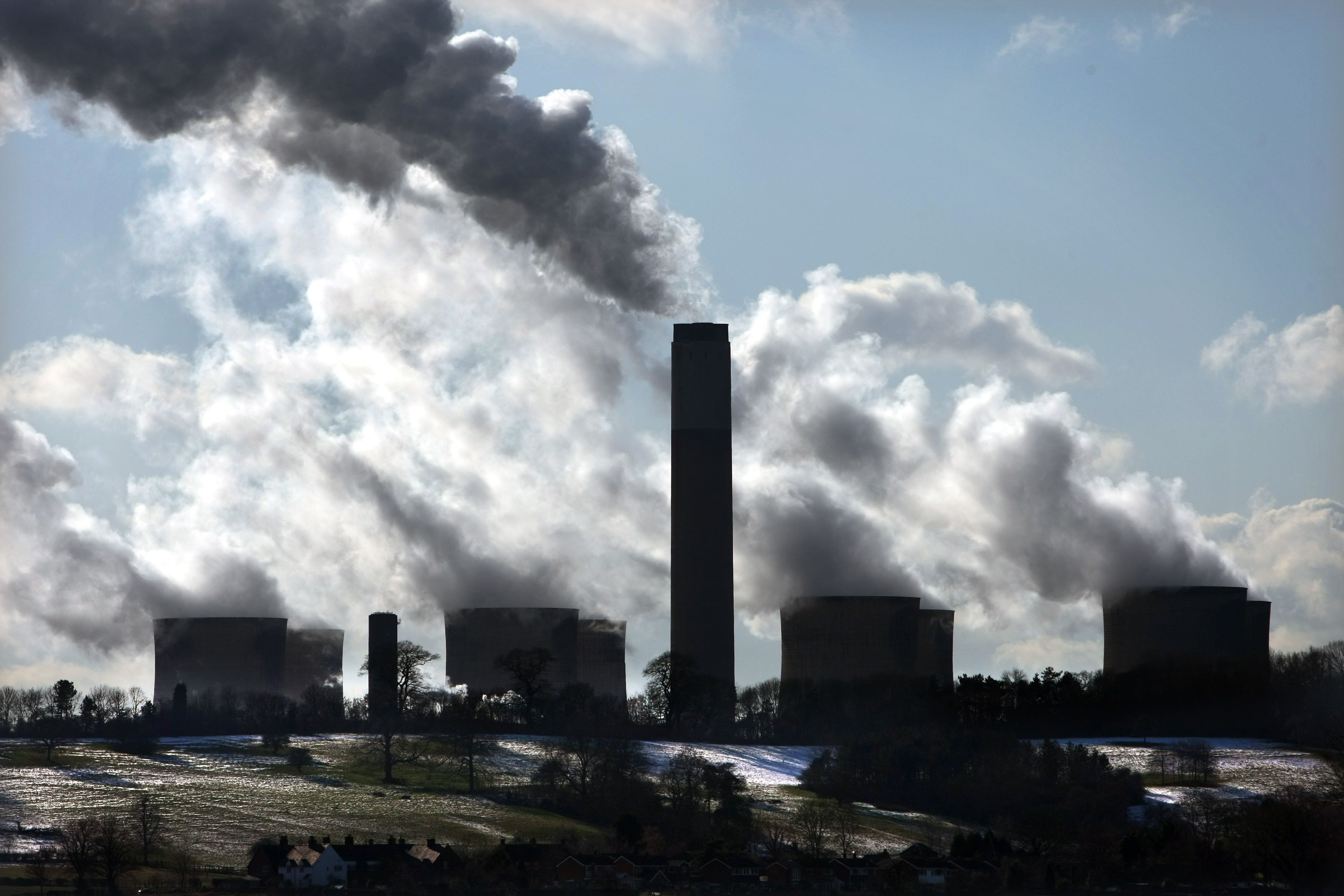Fears of unfair scrutiny seen as barrier to climate action in big firms – report
Almost a third of companies are struggling to make the internal business case for net zero, research showed.

Sustainability leaders in large businesses have identified unfair scrutiny of climate efforts as a barrier to net zero, according to a report.
The Carbon Trust, which helps businesses and governments to decarbonise, surveyed more than 400 sustainability experts at companies in the UK, Germany, Sweden, the Netherlands and Mexico.
The research found that almost a third are struggling to make the internal business case for net zero within their firms.
It also found that fewer than 50% of sustainability decision makers feel they have the organisational structure and leadership buy-in to deliver a transition plan and make net zero business-as-usual.
Meanwhile, 26% of respondents said companies are “greenstalling” – a term denoting the avoidance of climate action due to the fear of being called out for getting the work wrong.
Other barriers to net zero progress identified by the sustainability leaders included tackling scope 3 emissions – those produced by supply chains and products sold.
The report found that prohibitive costs and the complexity of managing and measuring carbon footprints were hurdles for effectively tackling scope 3, which make up the vast majority of an organisation’s emissions.
In response to the findings, the Carbon Trust urged businesses to refer to globally recognised best practices on net zero.
It cited the International Organisation for Standardisation’s Net Zero Guidelines and the UN Integrity Matters report’s 10 criteria for credible action.
Other recommendations included taking a hard line with suppliers who do not meet environmental expectations, completing a “climate compatibility checkpoint” for business models and ringfencing a percentage of revenue for investments in low carbon solutions.
Simon Retallack, director of the organisation’s Net Zero Intelligence Unit, said: “It is no surprise that some businesses are nervous about how their actions to address climate change will be judged.
“However, that mustn’t stop them.
“Net zero is all about actively reducing emissions from businesses and their supply chains, and we know the best thing businesses can do is get started on that journey today by creating a credible transition plan and implementing it.”